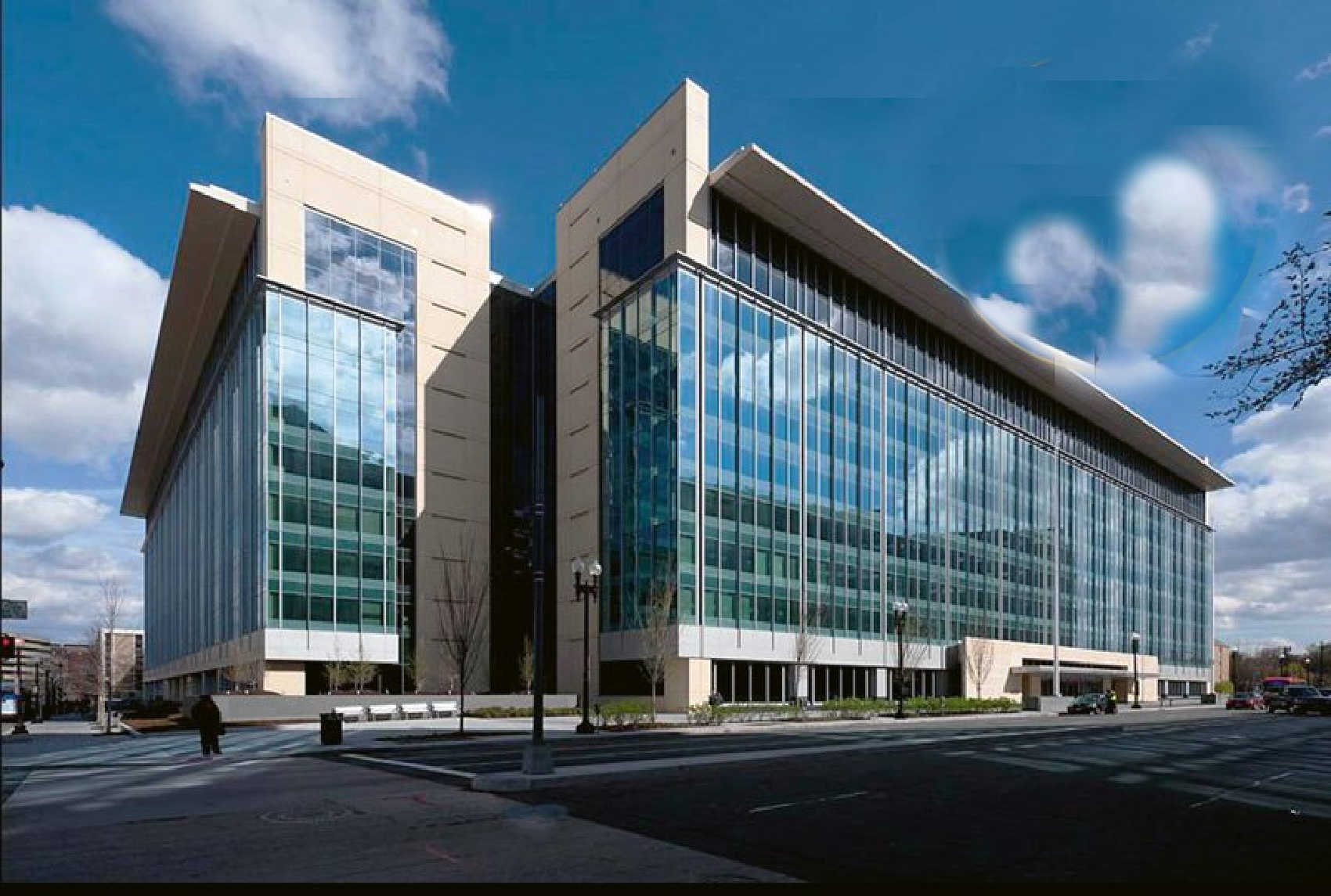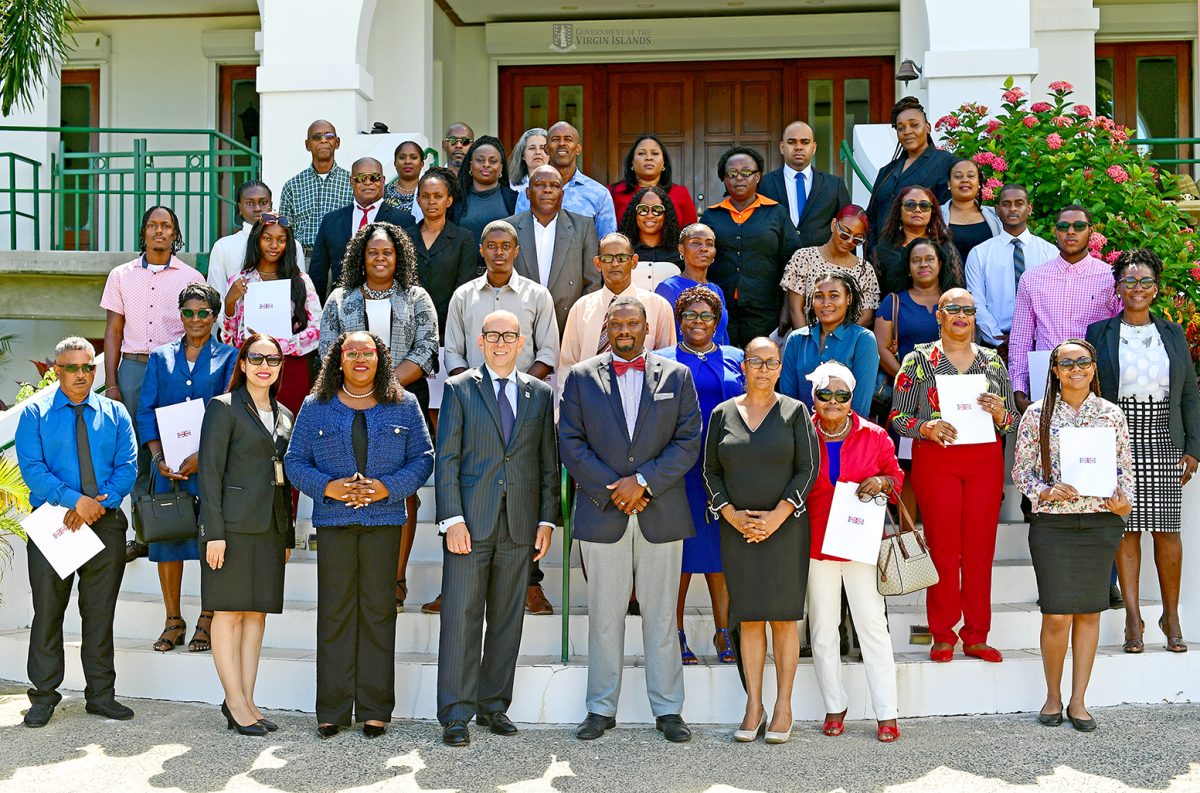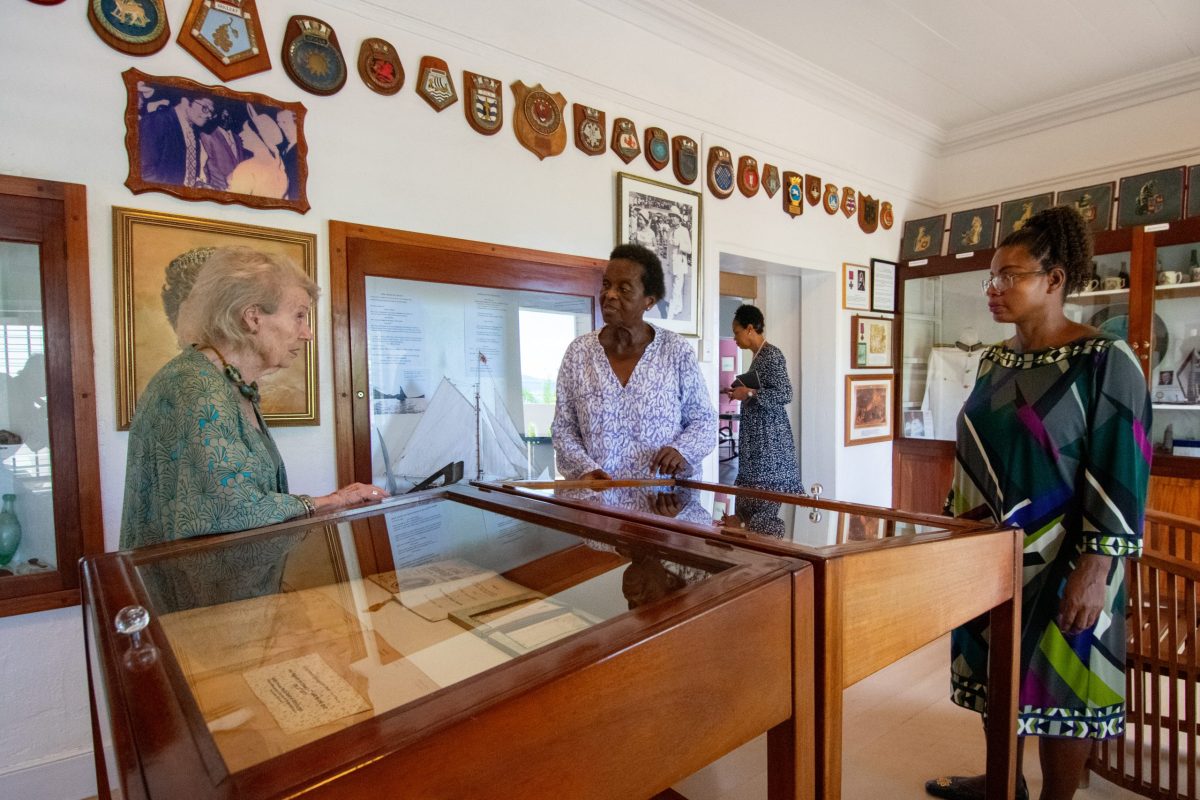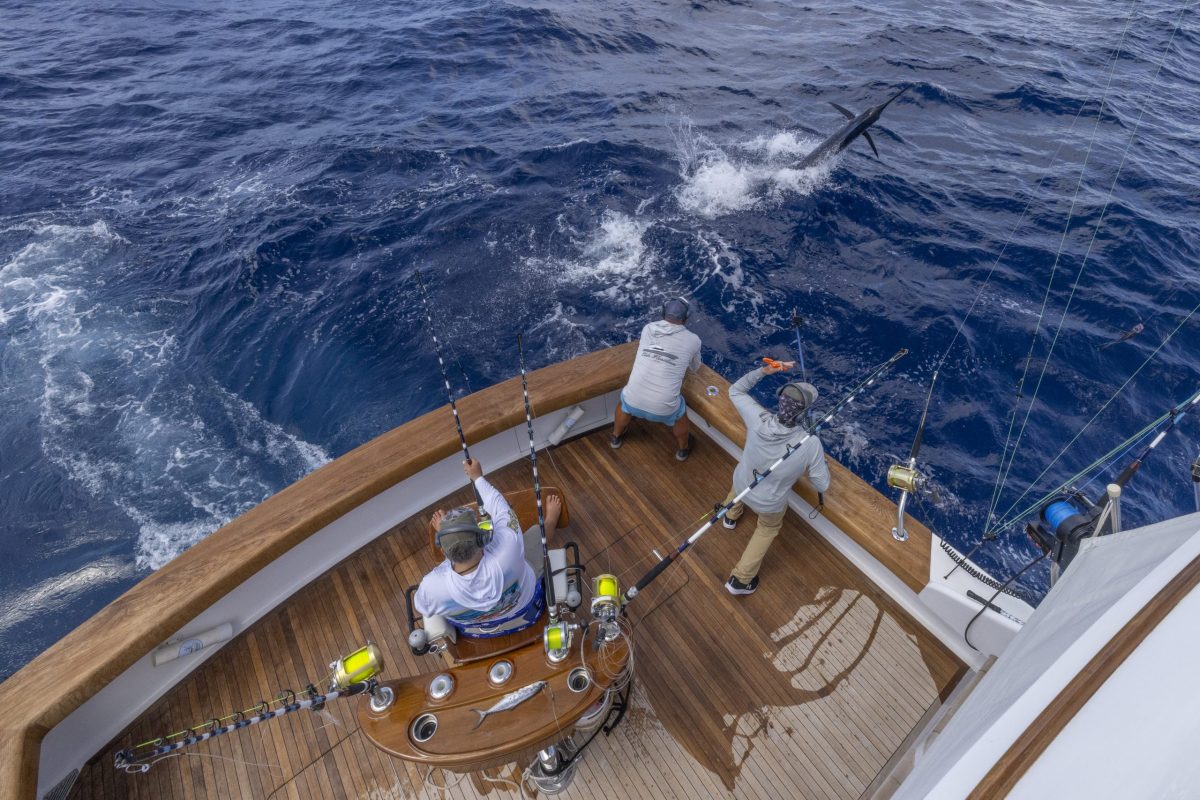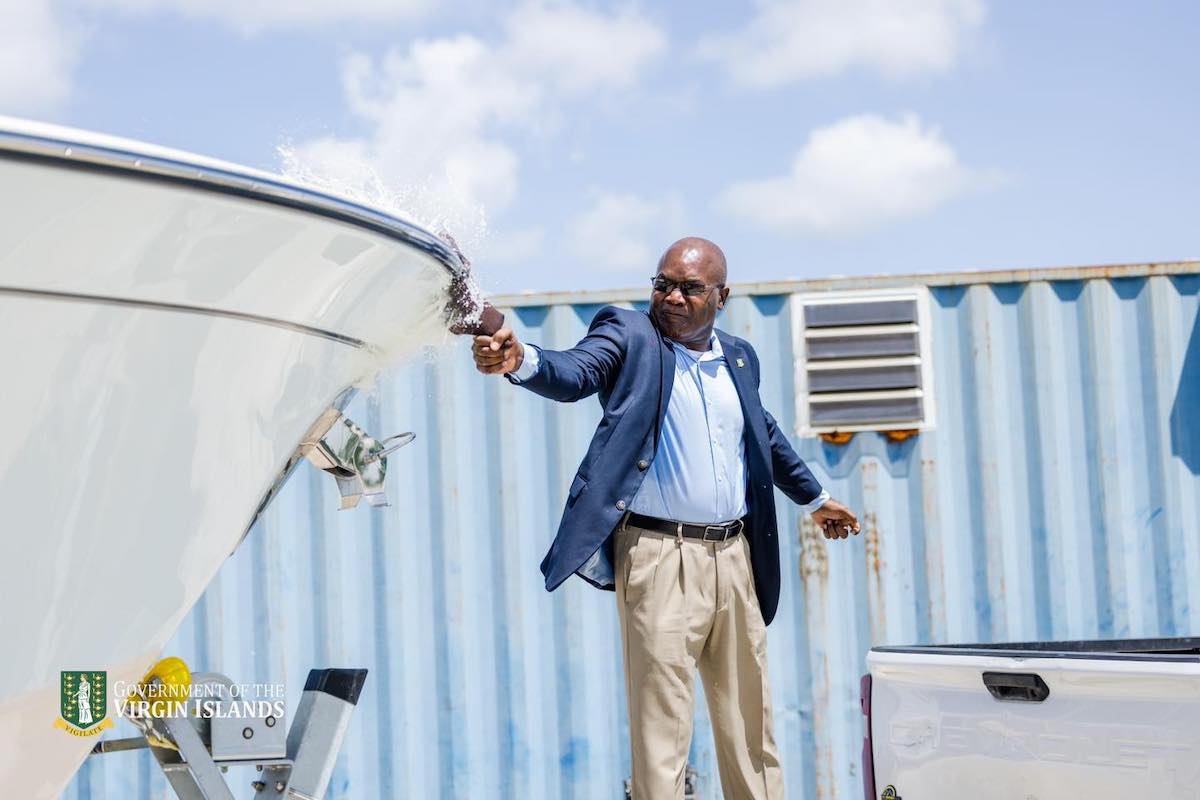

A new boat funded by the European Union will help protect Virgin Islands waters from illegal fishing, pollution and other damaging practices, government announced.
The Vigilate, which was christened during an Oct. 11 ceremony, was purchased through a grant from the EU’s regional Resilience, Sustainable Energy, and Marine Biodiversity Programme, known as RESEMBID.
It will be operated by the Ministry of Environment, Natural Resources and Climate Change, according to government.
The Beacon was not invited to the launch ceremony, but Premier Dr. Natalio “Sowande” Wheatley said in a speech released afterwards that the boat will be used “first and foremost” for expanding the ministry’s coastal water-quality monitoring programme to include the sister islands.
“As the sailing capital of the world, maintaining pristine coastal waters is as basic and essential to our bread and butter as it is for a baker to keep flour in his kitchen,” he said.
Premier Dr. Natalio “Sowande” Wheatley speaks during the Oct. 11 ceremony launching the Vigilate. (Photo: GIS)
Reefs and beaches
Other goals include enhancing the monitoring and restoration of reefs, beaches and other marine ecosystems and cracking down on illegal fishing from foreign commercial vessels, according to the premier.
The Vigilate, he added, will also boost government’s ability to respond to reports of vessel groundings, oil spills and other marine pollution.
“I won’t spend the time this morning to make the argument for why our natural environment is so critical to our economy, quality of life and resilience to natural disasters,” he said. “I hope that these core facts are no longer a point of discussion among us, but a well-accepted part of our reality as small islands.”
In recent decades, he added, environmental threats have “increased exponentially” as the VI has transformed from a subsistence economy based on farming and fishing to a service economy driven by tourism and the financial industry.
“This transition has come with rapid development that has not always been sensitive to and considerate of our environment,” he said. “In particular, over 50 percent of mangroves along the southern coast of Tortola have been destroyed by coastal development since the 1950s, and we’ve filled in most of our salt ponds.”
‘Limited data’
Citing the “limited data” available, he also said most of the territory’s reefs are in decline.
“It’s not just our reefs,” he added. “We have also, for instance, destroyed 20 or so white-sand beaches that, up to the 1950s and 60s, dotted the southern coast of Tortola.”
Such issues, he said, can be exacerbated by climate change effects including warmer temperatures, stronger hurricanes, more frequent floods, and sea level rise.
“This directly translates to the degradation or death of our coral reefs, erosion or disappearance of our beaches, other direct disruptions to our tourism sector, and costly impacts to our communities,” he said.
Premier Dr. Natalio “Sowande” Wheatley speaks with Ronald Smith-Berkeley, the permanent secretary in the Ministry of Environment, Natural Resources and Climate Change. (Photo: GIS)
He added that such issues cannot be effectively addressed if they are not clearly understood. Therefore, he said, more information must be gathered through consistent studying and monitoring efforts.
“Lack of data about our environment is one of the greatest barriers to enhancing environmental management and protection and achieving sustainable development for the benefit of all,” the premier said.
“This was clearly highlighted at the [fourth] global Small Island Developing States Conference held in Antigua just earlier this year, to the extent that one of the most celebrated outcomes of SIDS4 was the launch of the SIDS Global Data Hub.”
Climate financing
Dr. Wheatley added that more data is also key to “unlocking investment” to fund solutions to environmental problems.
“As we set sail Vigilate today, let us all embrace and commit to the journey of ‘being watchful’ through enhanced monitoring and data gathering to support better planning, management, enforcement and unlocking of solutions and the finance to implement them,” he said.
The premier also thanked the project lead, Environmental Officer Atoya George, for her work on procuring the boat.
“I am aware that there were points along this journey where it seemed that procurement of the vessel would not be possible due to various challenges, and the easier option would have been to give up,” he said. “But you persevered.”
The ministry has not disclosed the cost of the boat or the amount of the EU grant despite requests from the Beacon.
RESEMBID Programme
RESEMBID, which provided the grant for the boat, is a 47-project programme funded by the EU and implemented by Expertise France, the development cooperation agency of the French government.
It supports sustainable human development efforts in 12 Caribbean overseas countries and territories, which also include Aruba, Anguilla, Bonaire, the Cayman Islands, Curaçao, Montserrat, Saba, St. Eustatius, St. Barts, St. Maarten and the Turks and Caicos Islands.

